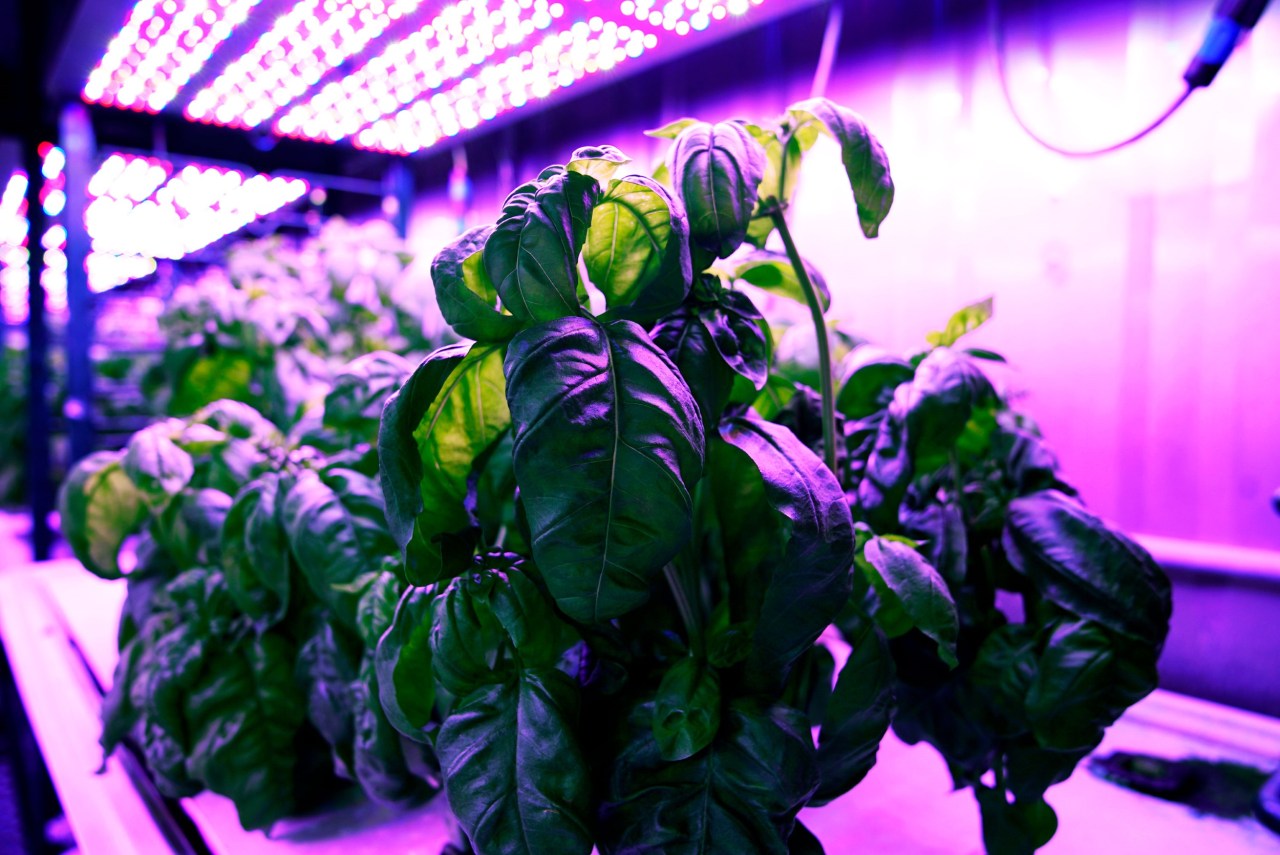The landscape of agriculture is undergoing a seismic shift, as innovative technologies reshape our understanding of food production. Leading this charge is MIT’s pioneering concept of “cyber-agriculture,” a machine learning-driven approach that optimizes the flavors of basil—heralding a new era for horticulture and culinary arts alike. Gone are the days of simply gestating a basil seed on a sunny windowsill; instead, we are stepping into an age where precise environmental control and data analysis dictate the number of flavor compounds extracted from each plant.
The Genesis of Cyber-Agriculture
This groundbreaking research, a partnership between MIT’s Media Lab and the University of Texas at Austin, has roots that extend beyond merely crafting a superior pestos. It seeks to automate and enhance farming practices through a blend of artificial intelligence, machine learning, and environmental science. By addressing core questions about plant cultivation, such as what conditions yield the strongest flavors, researchers are significantly reengineering agri-tech.
Understanding Plant Experience Through Data
Caleb Harper from MIT explains that their approach revolves around digitalizing a plant’s interaction with its environment. This intricate process considers several factors such as soil types, plant genetics, and light exposure. The latter turned out to be particularly intriguing in their basil optimization project.
- Light Regulation: A critical aspect of the study was manipulating light exposure to boost flavor molecule concentration.
- Experimental Design: The initial phase involved manually designed light treatments based on existing knowledge of basil needs.
- Adaptive Models: Each harvest informed subsequent treatments, leading to more sophisticated machine learning recommendations.
Results Beyond Expectations
The researchers stumbled upon an extraordinary outcome—one that challenges conventional wisdom about plant light exposure. Surprisingly, the machine learning model suggested maintaining UV lights on continuously, a scenario nearly impossible to find in natural habitats. While this might seem unorthodox, it resulted in a dramatic increase of flavor molecules, effectively doubling the concentration compared to control plants.
One of the co-authors, John de la Parra, noted that such discoveries could not have been made without artificial conditions. “You had to have artificial circumstances in order to discover that,” he added, emphasizing the limitations of traditional agricultural paradigms.
The Bigger Picture: Advancing Agricultural Knowledge
While the enhanced flavor profile of basil is a significant boon, the overarching aim of this research is the validation of the methods and technologies employed. The implications are vast, enabling quick, efficient advancements in agricultural knowledge, which are crucial for addressing global food demands.
A Glimpse into the Future of Food Production
The approach employed by MIT and its collaborators serves as a beacon for future farming practices. As our world grapples with increasing population and diminishing arable land, marrying cyber-agriculture with sustainable practices becomes not just desirable but essential.
Indeed, the landscape of food production is destined for transformation—a shift towards vertical farming, hydroponics, and AI-enhanced techniques. The agricultural sector is preparing to transition into the 21st century with a host of innovative solutions that promise to redefine what we grow, how we grow it, and ultimately, how we feed our global population.
Conclusion
As we look ahead, it’s clear that the research from MIT opens the door to a myriad of possibilities in agriculture. From optimizing flavors to potentially revolutionizing how we cultivate food, the future shines bright with promise. For those passionate about these advancements, there’s no doubt that cyber-agriculture is paving the way toward a new era of innovation and resilience in the farming ecosystem.
At fxis.ai, we believe that such advancements are crucial for the future of AI, as they enable more comprehensive and effective solutions. Our team is continually exploring new methodologies to push the envelope in artificial intelligence, ensuring that our clients benefit from the latest technological innovations.
For more insights, updates, or to collaborate on AI development projects, stay connected with fxis.ai.

